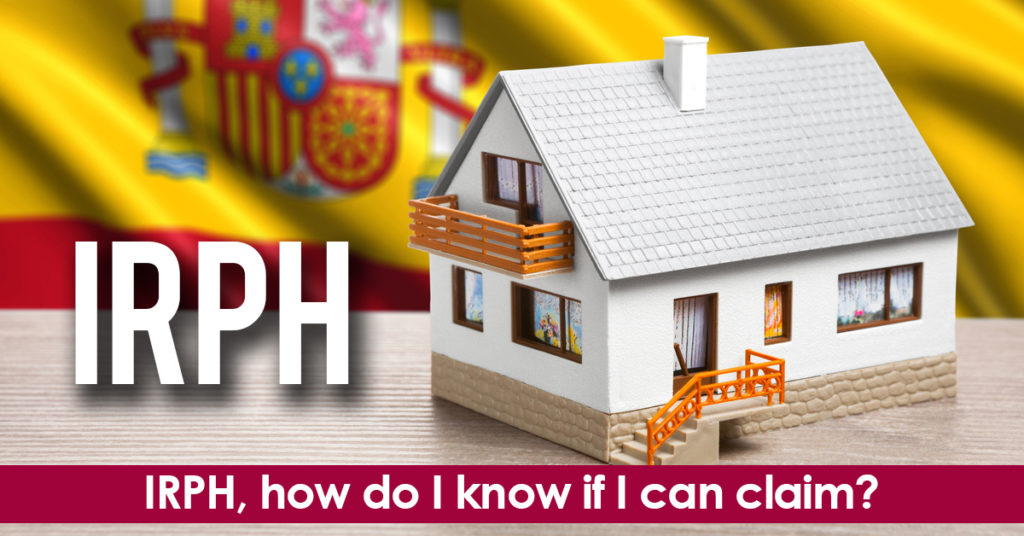WE are currently receiving many inquiries from clients who want to claim against their banks in relation to the so-called IRPH interest clauses of mortgage loans signed in Spain.
They want our help in trying to recover overpaid interest, due to the application of the IRPH as an index for calculating the variable interest on the mortgage, since these clauses could be null and void, due to a lack of transparency.
Although there is a lot of publicity about legal claims for the IRPH, as specialists in banking law, we want to give you some basic preliminary advice, so that you can know what must be taken into account, in order to determine whether in your case the conditions exist so that you may obtain a favourable court decision.
For this, it is essential to analyse the European Court of Justice decision of March 3, 2020 in the case C-125/18 and the conclusions of the general attorney.
According to these, the essential elements that should be assessed by Spanish judges, to allow them to decide whether an IRPH clause is transparent or not, are to verify if the bank gave the client the information which, according to the applicable regulations, must be delivered, and also informed the mortgagee about how the IRPH is regulated (method of calculation, etc).
As for the applicable regulations and the information to be provided by the bank, we would highlight Circular 8/1990 and Order of 5/51994, which, among other requirements, state that banks should inform clients when offering the mortgages the interest index (in this case, the IRPH), its last published value, and its performance for at least the previous two years, which we know that Spanish banks did not normally do.
In this sense, it should be noted that although prior to August 12, 2007 the Order 5/5/1994 applied in principle to loans whose amount was equal to or less than 25 million pesetas (€150,253.03), we understand that even if your loan was signed before that date and for a larger amount, good banking practices should have seen the banks provide this information anyway and the Bank of Spain’s Market Conduct and Claims Department has indicated this to be the case.
Also from April 29,2012, the Order EHA / 2899/2011, on transparency and protection of clients of banking services, requires the delivery of a separate document, explaining the different interest to be paid by the client in different scenarios according to the possible evolution of the IPRH, taking into account the previous historical evolution of the index.
Therefore, if you are affected by an IRPH clause in your mortgage loan and you want to know if you can claim and sue your bank, for the return of the interest paid according to the IRPH index, because nobody explained it, how it works and the difference with other indexes like Euribor, etc. it is essential that you:
1.-Study your mortgage loan deed and see if the applicable regulations on the IRPH (method of calculation, etc) are mentioned. We recognise that it is essential to check to see whether the last published IRPH index was included.
2.-Check the applicable regulations at the time according to the year in which you signed your mortgage loan and its amount and whether the information that your bank should legally give you was actually supplied.
If you are affected by IRPH mortgage clause, contact our law firm, we are specialists in banking law advice, we also offer a no win no fees policy, contact us and we will help you.
The information provided in this article is not intended to be legal advice, it merely conveys information related to legal issues.
Carlos Baos (Lawyer)
White & Baos
Tel: +34 966 426 185
E-mail: info@white-baos.com
White & Baos 2020- All Rights Reserved.
